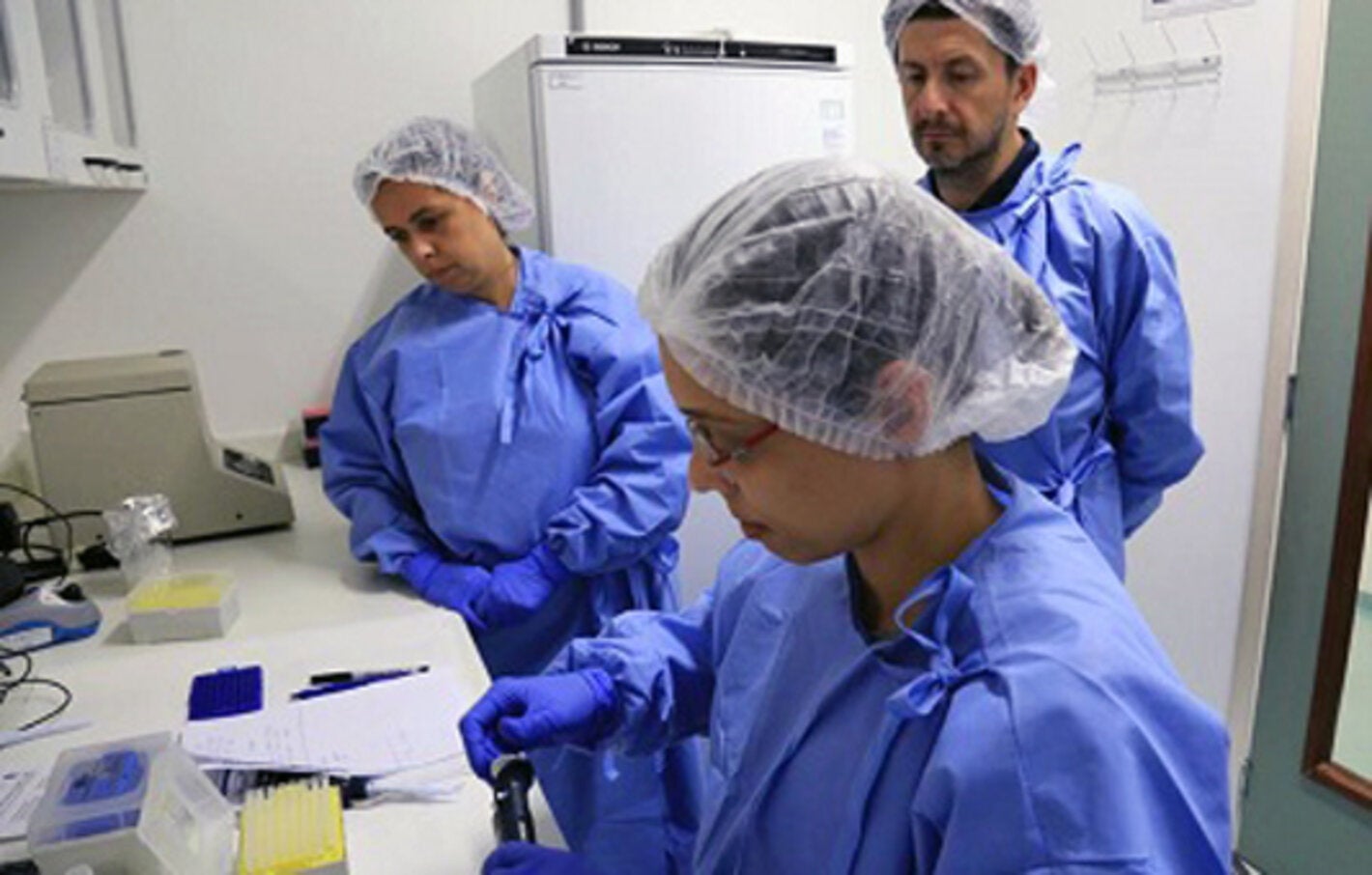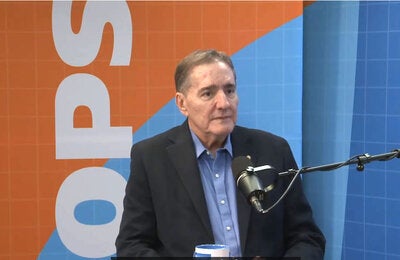
Washington, Feb. 6, 2020 (PAHO)—The Pan American Health Organization is working with health ministries in Latin America and the Caribbean to help them prepare to deal with possible importations of cases of novel coronavirus.
In a series of technical cooperation activities, PAHO experts in laboratories, preparedness, epidemiology, clinical management, infection prevention and control, and other areas are supporting public health officials in various countries.
In the area of diagnosis, PAHO is providing guidance and reagents to national public health laboratories including National Influenza Centers so they can perform laboratory tests to confirm or discard the presence of novel coronavirus. Brazil, Colombia, Chile, Peru, Mexico, Paraguay, Ecuador and Surinam have already implemented the 2019 novel coronavirus protocol.
PAHO virologists are being deployed to Brazil and Mexico to train country experts together with partners including the Ministry of Health and the Oswaldo Cruz Foundation in Brazil and in Mexico, the Ministry of Health and its Institute for Diagnostic and Epidemiological Reference (InDRE). In the next two weeks, 29 national laboratories in the Americas will have the capacity to run these tests, said Dr. Jarbas Barbosa, PAHO’s Assistant Director.
PAHO is also providing guidance for hospitals in the form of readiness checklists to ensure they are prepared to receive potential patients with coronavirus, including guidance for clinicians, infection prevention and control, isolation measures, and clinical management of severe acute respiratory infection when a novel coronavirus infection is suspected.
Since the novel coronavirus outbreak was first reported by China, there have been more than 28,000 laboratory-confirmed cases of 2019-nCoV infection and 565 deaths globally, almost all of these in China. Twenty-four other countries have reported confirmed cases of the new coronavirus.
In the Americas, 17 cases have been confirmed from two countries, the U.S. with 12 and Canada with 5. in Latin America and the Caribbean, no confirmed cases of novel coronavirus have been reported to date.
Advice has also been developed on key topics including use of masks during home care and in health care settings in the context of the outbreak, clinical management, infection prevention and control in health care settings, home care for patients with suspected novel coronavirus, risk communication and community engagement. An essential list of biomedical equipment, medicines and supplies necessary to care for patients with 2019-nCoV has been distributed, and WHO has published updated advice for international traffic in relation to the outbreak of the novel coronavirus 2019-nCoV.
WHO and partners have also developed a global strategic preparedness and response plan, which outlines public health measures that the international community can provide to support countries to prepare for and respond to the 2019‑nCoV outbreak. The goal of the plan is to stop further transmission of 2019‑nCoV within China and to other countries, and to mitigate the impact of the outbreak in all countries.



